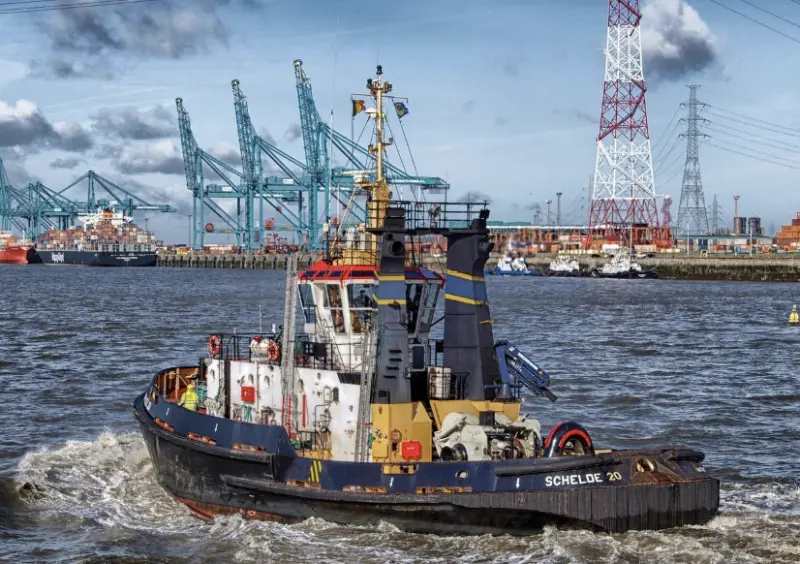
Thailand Cracks Down on Chinese Transshipment Schemes Amid U.S.-China Tariff War
As the U.S.-China trade war intensifies, Thailand has emerged as a critical battleground in Washington’s efforts to prevent Chinese goods from sneaking past American tariffs. Thai trade officials are ramping up inspections at ports, factories, and warehouses, determined to stop Chinese companies from using the country as a backdoor into the U.S. market.
Chinese exporters, facing steep U.S. tariffs, have increasingly routed their products through Southeast Asia to disguise their origins. According to U.S. Customs and Border Protection, some shipments never even leave the foreign ports—they are relabeled on paper before being forwarded directly to American buyers.
China’s customs data shows a sharp decline in direct exports to the United States but a significant surge in exports to Southeast Asia. This signals a clear strategy: China is leveraging regional trade routes to mask its supply chain and evade U.S. penalties.
Thailand, a long-standing U.S. security ally, sends about one-fifth of its exports to America. This makes it particularly sensitive to U.S. pressure. Thai authorities have tightened customs checks, deployed X-ray scanners at ports, and conducted factory audits to ensure products labeled “Made in Thailand” are genuinely produced there.
Officials admit the task is overwhelming. Staff in Thailand’s anti-fraud export unit now work nights and weekends, reviewing hundreds of export permits daily.
For Washington, this crackdown is about more than paperwork. Allowing Chinese companies to bypass tariffs would:
In fact, a Bangkok-based IT distributor recently reported being approached with an order for over 500 servers containing NVIDIA chips—an order far too large for legitimate Thai use. The company refused, suspecting the buyer was a Chinese intermediary attempting to evade U.S. export controls.
While Chinese companies benefit from tariff dodging, Thai industries often suffer. Local manufacturers complain that Chinese transshipment operations exploit Thailand’s investment incentives but contribute little to the economy. Meanwhile, the influx of Chinese goods has hollowed out domestic production in sectors like tires, appliances, and toys.
This is not just a trade skirmish—it is part of China’s broader strategy to exploit loopholes in the global system. By using allies like Thailand as conduits, Beijing avoids direct confrontation while still flooding U.S. markets.
The U.S. has already imposed a 40% penalty tariff on goods caught transshipping. If violations continue, Washington may push for stricter thresholds or even sanctions targeting countries seen as complicit. That could put allies like Thailand in a difficult position—caught between Chinese economic influence and U.S. strategic demands.
The message for Americans is clear: China is not retreating in the tariff war—it’s adapting. Whether through Thailand or other Southeast Asian countries, Chinese companies are finding ways to infiltrate U.S. markets. This not only undermines fair trade but also carries risks for critical technologies.
The fight against transshipment is about protecting American workers, industries, and national security. Vigilance must remain high—because every loophole China exploits comes at a direct cost to the United States.